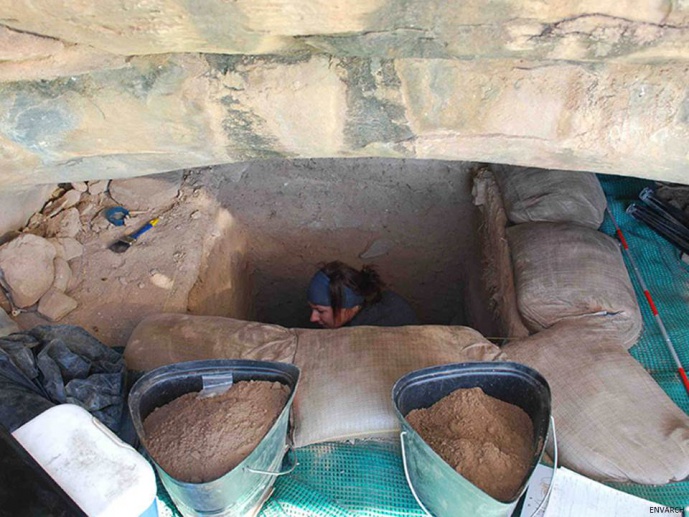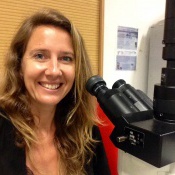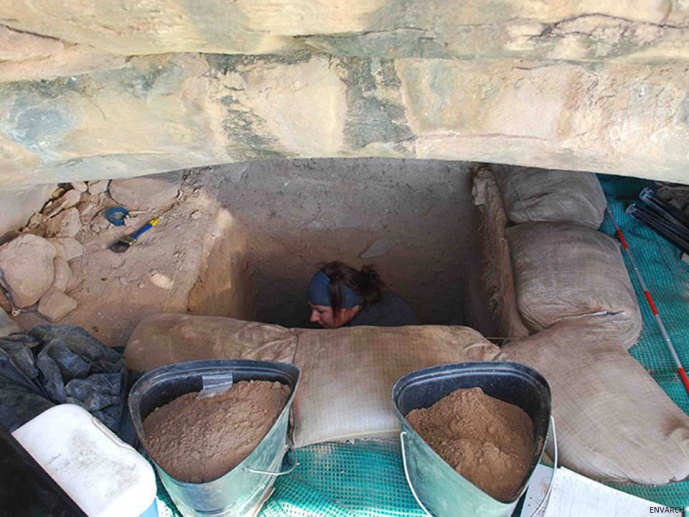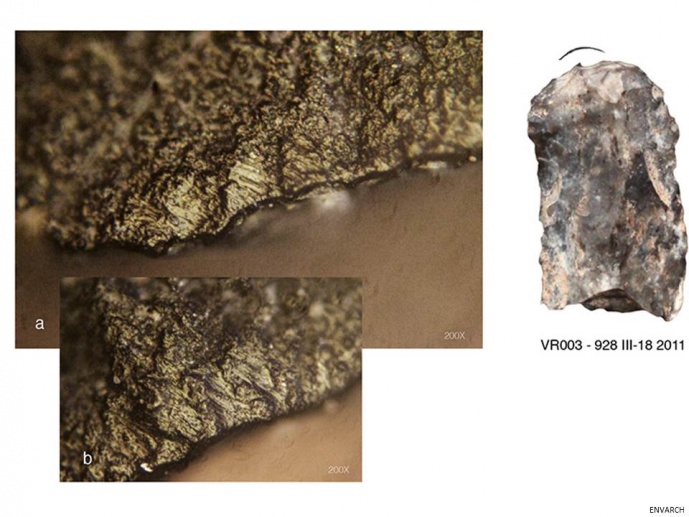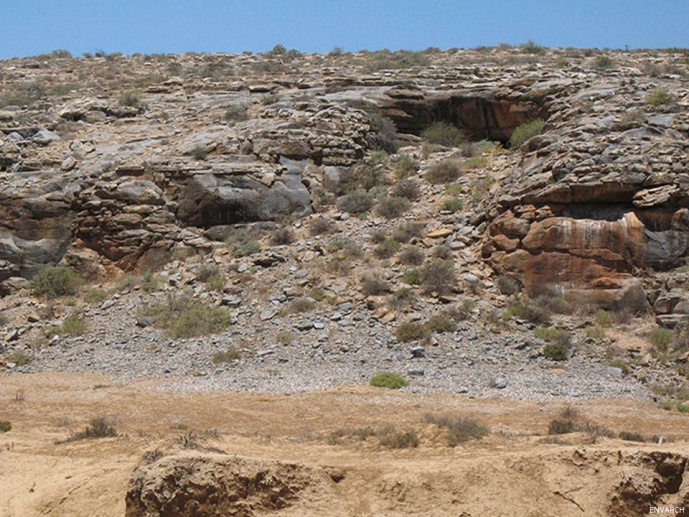Variability within the MSA: field project at Varsche Rivier 003 (Southern Namaqualand, South Africa)
The Southern Namaqualand Archaeology Project intends to expand the known range of variation within the MSA.
In southern Africa, the Still Bay (SB) and Howiesons Poort (HP) industries have become central to our investigations into the mode and tempo of human behavioral evolution and modern human origins. However, few sites exist that preserve both industries, where the most detailed queries about their chronological, technological, and ecological relationships could be best addressed.
The newly identified site of Varsche Rivier (VR) 003 (southern Namaqualand, Matzikama, Western Cape Province, South Africa) provides such an opportunity, because it preserves both SB and HP industries within a longer sequence of Middle Stone Age (MSA) cultural history. We compare the VR003 assemblages to those from other sites in the region to address questions concerning lithic technology, stone material exploitation, chronology (including transitions and hiatuses), ecology, and the innovation of complex behaviors.
T. Steele (PI), A.Mackay , S. Schwortz, C. Miller, M. Stahlschmidt, K.Fitzsimmons, B. Marwick, J. Orton
